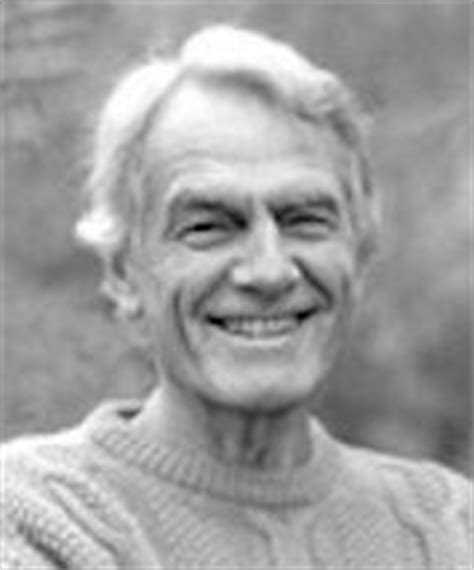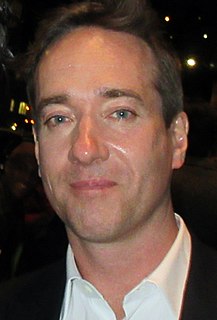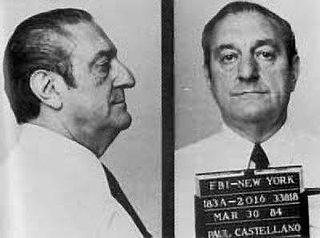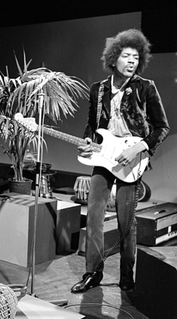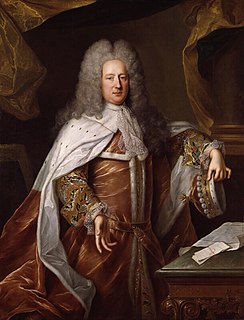A Quote by Thomas Jefferson
Where a new invention promises to be useful, it ought to be tried.
Related Quotes
Living in the now is freedom from all problems connected with time. You ought to remember that sentence, you ought to memorize it, and ought to take it out, you ought to practice it, you ought to apply it. And most of all, you ought to rejoice in it because you have just heard how not to be wretched, miserable you any more but to be a brand new, and forever brand new man or woman.
The source of innovation is freedom. All we have - new knowledge, invention - comes from freedom. Discoveries and new knowledge come from freedom. When somebody is responsible only to himself, [has] only himself to satisfy, then you'll have invention, new thought, now product, new design, new ideas.
Next came the Patent laws. These began in England in 1624; and, in this country, with the adoption of our constitution. Before then [these?], any man might instantly use what another had invented; so that the inventor had no special advantage from his own invention. The patent system changed this; secured to the inventor, for a limited time, the exclusive use of his invention; and thereby added the fuel of interest to the fire of genius, in the discovery and production of new and useful things.
The hypotheses which we accept ought to explain phenomena which we have observed. But they ought to do more than this; our hypotheses ought to foretell phenomena which have not yet been observed; ... because if the rule prevails, it includes all cases; and will determine them all, if we can only calculate its real consequences. Hence it will predict the results of new combinations, as well as explain the appearances which have occurred in old ones. And that it does this with certainty and correctness, is one mode in which the hypothesis is to be verified as right and useful.
There are certain promises you make that are more sacred than anything that happens in a court of law,I don't care how many Bibles you put your hand on.Some of the promises,it's true,you make to young,before you really have an understanding of what they mean.But once you've made those first promises,other promises are called for.And the thing is you can't deny the new ones without betraying the old ones.The promises get bigger,there are more people to be hurt and disappointed if you don't live up to them.Then, at some point, your called upon to make a promise to a dying man.
No religion ever appeared in the world whose natural tendency was so much directed to promote the peace and happiness of mankind. It makes right reason a law in every possible definition of the word. And therefore, even supposing it to have been purely a human invention, it had been the most amiable and the most useful invention that was ever imposed on mankind for their good.


